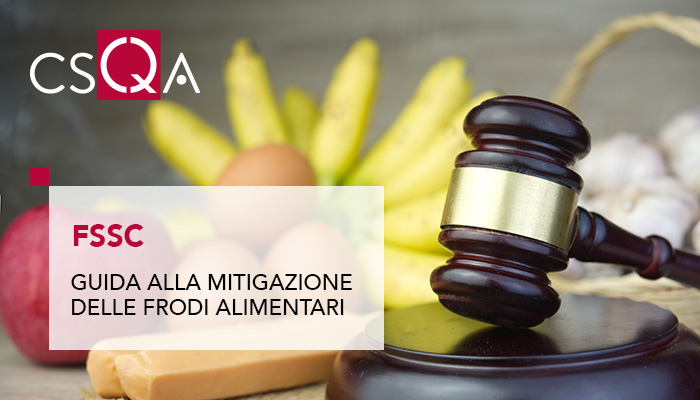
Among other implications, does a false declaration of origin based on a false declaration by a supplier qualify as food fraud?
Should an organization consider this issue in its food fraud prevention plan?
Yes, fraudulent country of origin claims and chain of custody documentation are considered food fraud and an organization must implement mitigation measures.
Even if the driver for an act of food fraud is for financial gain, it can still pose a risk to food safety. This risk is often caused by negligence or lack of knowledge on the part of scammers.
The risks associated with food fraud for the consumer are classified into:
- Direct risks for food safety,
- Indirect risks for food safety,
- Technical risks for food fraud.
However, this indicates that the traceability of the material may have been compromised and the company can no longer guarantee the safety of its food products.
FSSC provides a guidance document, the Food Fraud Prevention Guide .
(Source: https://www.fssc.com/ )